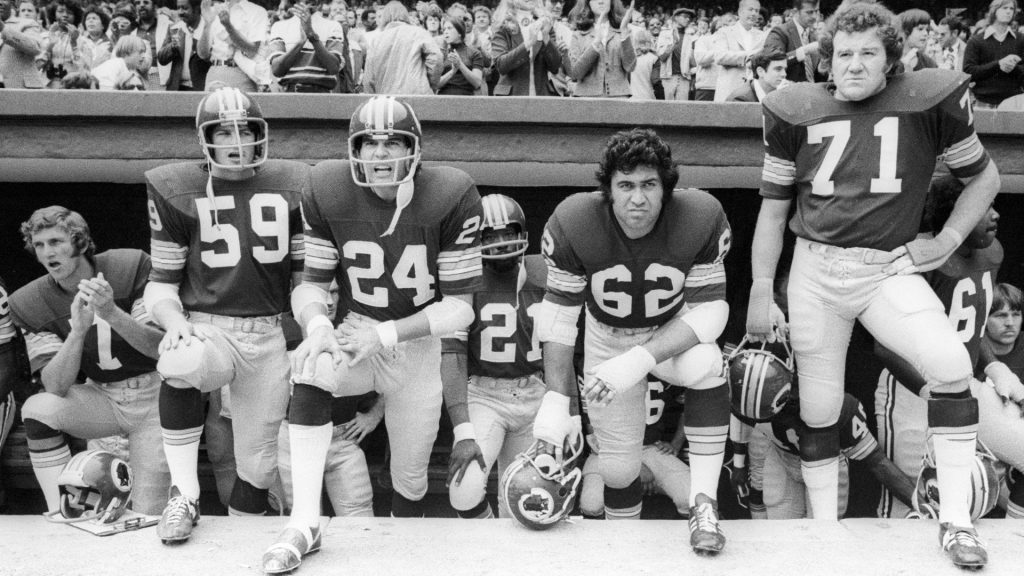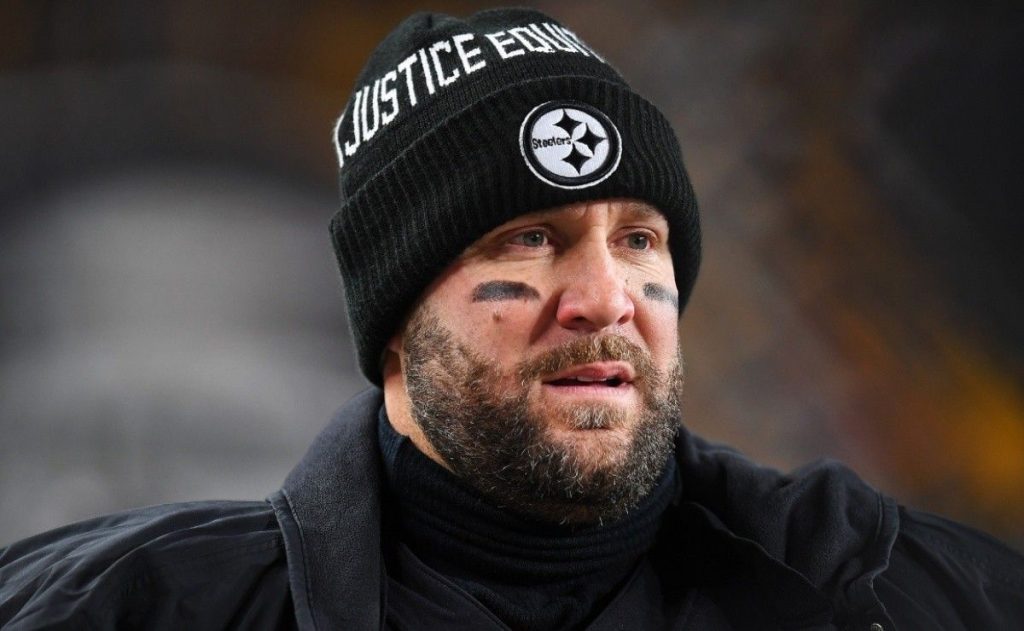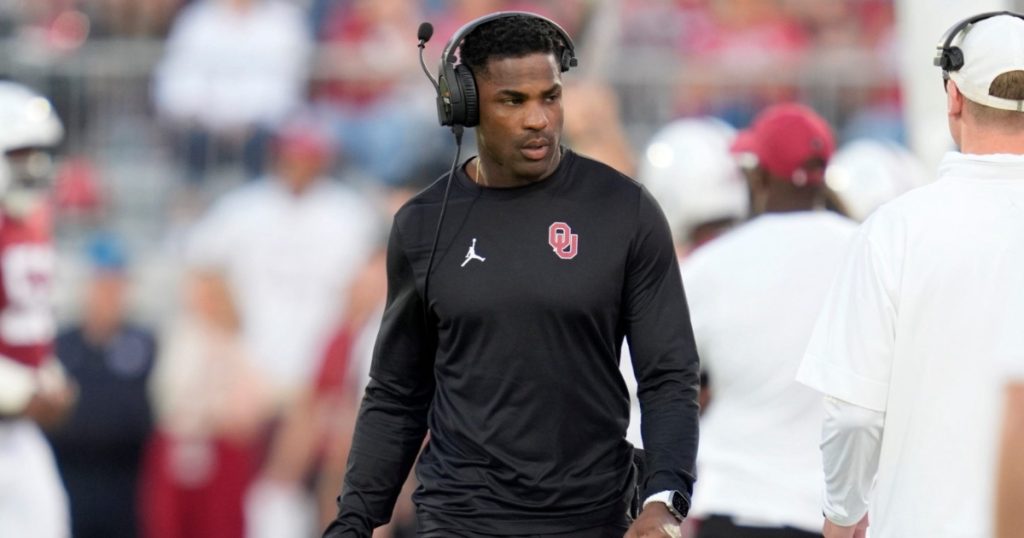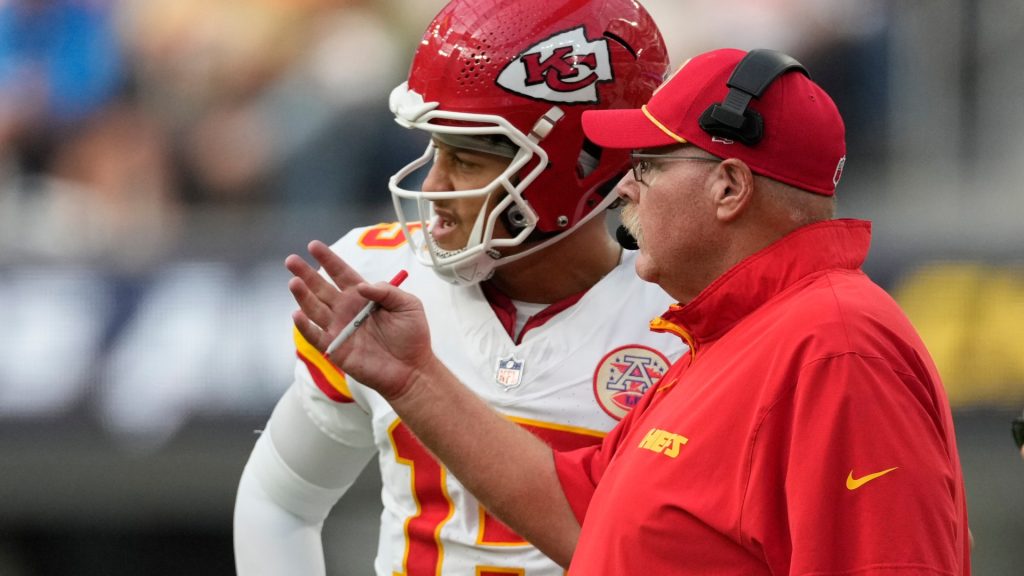FINALISTS have been announced for the next Pro Football Hall of Fame class. Among the legendary names on the ballot are Sterling Sharpe and Mike Holmgren, both iconic figures from the Green Bay Packers. However, one name stands out for its controversial past: Jim Tyrer, the former left tackle for the Kansas City Chiefs.
The Legacy of Jim Tyrer
Tyrer was a six-time All-Pro and a proud member of the 1960s All-Decade team. He played a crucial role in defending quarterback Len Dawson’s blind side, contributing significantly to the Chiefs’ success during his tenure. With three AFL titles and one Super Bowl victory under his belt, Tyrer was considered a lock for the Hall of Fame at the time of his retirement in 1974. In fact, every other non-specialist player with six All-Pro selections who is eligible for the Hall of Fame has already been inducted.
Yet, despite his impressive credentials, Tyrer’s path to the Hall has been marred by tragedy. After being named a finalist for the first time, he was involved in a murder-suicide in 1980, where he shot and killed his wife before taking his own life. This incident left a dark shadow over his legacy, and he has not appeared on the Hall of Fame ballot since.
The Impact of CTE
In the years following the incident, discussions surrounding Tyrer’s mental health have gained traction. Many experts believe he suffered from chronic traumatic encephalopathy (CTE), a condition linked to repetitive head injuries that can lead to severe depression and cognitive decline. Tyrer reportedly dealt with depression and debilitating headaches after his playing career, symptoms that align with CTE.
Doug Paone, a doctor who treated Tyrer, has been vocal about the impact of his football career on his mental health. In a 2020 interview, he stated, “If it walks like a duck, it quacks, it has webbed feet and water goes off its back, it’s not a zebra: It’s CTE.” Paone argues that Tyrer would be the "poster child for CTE," highlighting the urgent need for awareness regarding the long-term effects of playing football.
Family Support and Public Opinion
Despite the grim circumstances of his passing, Tyrer’s family has rallied to defend his legacy. His son, Brad Tyrer, has publicly advocated for his father’s induction into the Hall of Fame. Brad shared that his father was a gentle man who never exhibited violent behavior until he began suffering from the effects of head injuries. “My dad was just a great guy, an all-around great guy; he didn’t cuss, he didn’t drink, you never saw him raise his voice at my mom, ever,” he stated in 2020.
However, the public remains divided on the issue. Many fans are against Tyrer’s potential induction, citing the tragic events of 1980. One fan expressed their disbelief, saying, “He murdered his wife and then killed himself in 1980. And that is a Hall of Famer?” This sentiment reflects the ongoing struggle between recognizing an athlete’s contributions to the game and grappling with their personal failings.
Hall of Fame Induction Process
The Hall of Fame inductees will be announced shortly before the Super Bowl in February. As the date approaches, discussions about Tyrer’s candidacy will likely intensify. Will the Hall of Fame voters take into account his on-field achievements, or will they be swayed by the tragic events that overshadow his legacy?
While Tyrer’s supporters argue for a nuanced understanding of his life, the Hall of Fame’s decision will ultimately reflect the values and priorities of the NFL community.
Looking Ahead
As the NFL continues to evolve, the conversation surrounding mental health in sports is becoming increasingly important. The case of Jim Tyrer serves as a poignant reminder of the potential consequences of a career in football. It raises critical questions: How can the league better support its players? What measures can be implemented to address mental health issues stemming from the game?
The NFL has made strides in recent years to address player safety and mental health, but the road ahead remains long. As fans and players alike await the Hall of Fame announcement, the legacy of Jim Tyrer will undoubtedly spark discussions that extend beyond the football field, challenging us to consider the human side of the game we love.
The story of Jim Tyrer is not just about a player’s achievements; it’s about understanding the complexities of life after football. As we reflect on his legacy, let us honor not only his contributions to the game but also the lessons learned from his tragic story.
































